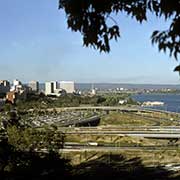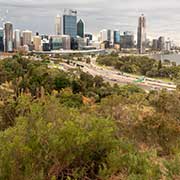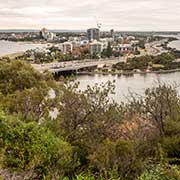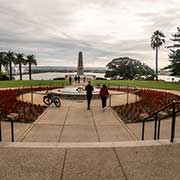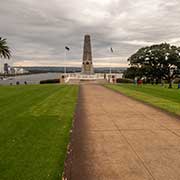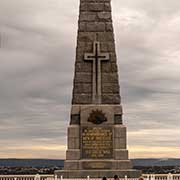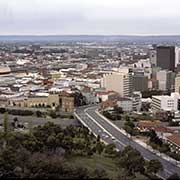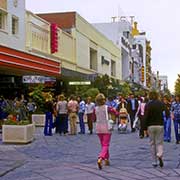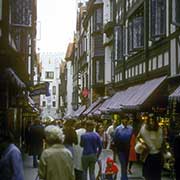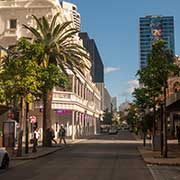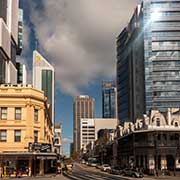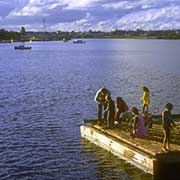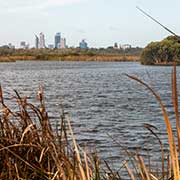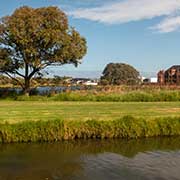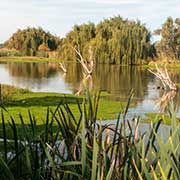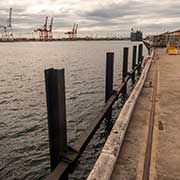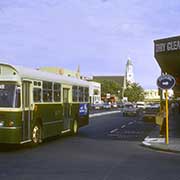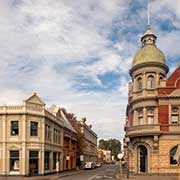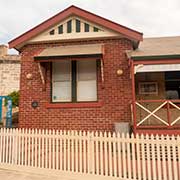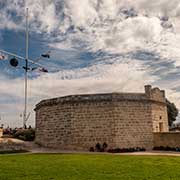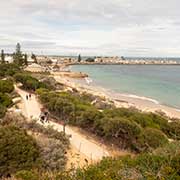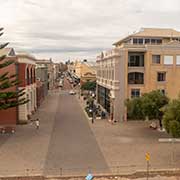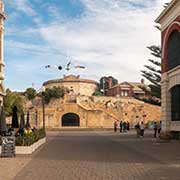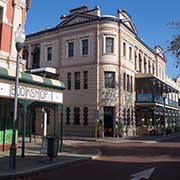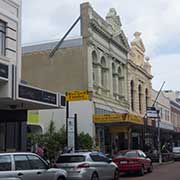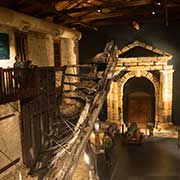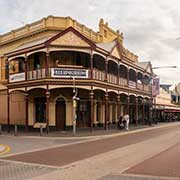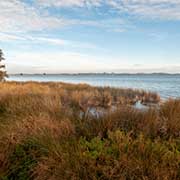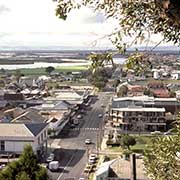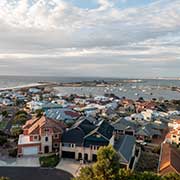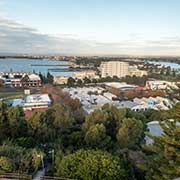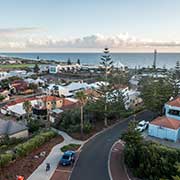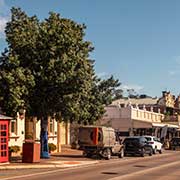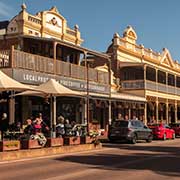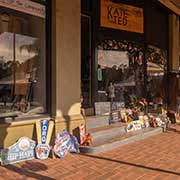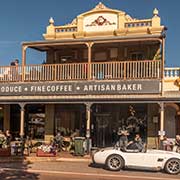Photos of Around Perth, capital of Western Australia
Around Perth, capital of Western Australia
The capital city of the largest state in Australia, Perth, is the most isolated of all state capitals: it is closer to Jakarta than Canberra. It is a well-planned, modern city on the estuary of the Swan River and was called the Swan River Colony, named after the black swans common here when it was proclaimed a city in 1865. It grew rapidly from the late 19th Century after the discovery of gold in the colony. The Perth metropolitan area now has a population of well over 2 million. It is ranked as one of the world’s most liveable cities.
you may then send it as a postcard if you wish.
Fremantle, about 20 kilometres by road to the southwest of Perth CBD and part of the Perth metropolitan area, is its port city. It is also known for its maritime history, Victorian architecture and remnants from Australia’s days as a British penal colony. The 12-sided Round House is a former prison dating from 1831 along Bathers Bay. Heritage-listed commercial buildings are from the gold boom period in the late nineteenth and early twentieth Centuries. The Shipwreck Museum houses the bow of the wreck of the ill-fated Dutch ship “Batavia” wrecked in 1629, and a gate constructed from the stones found in it as ballast: that gate was meant to be built at the Dutch fort in Batavia, now Jakarta.
Bunbury is a port city 170 kilometres south of Perth. It is a pleasant city, with its foreshore at Koombana Bay often visited by wild bottlenose dolphins. About 85 kilometres northeast of Perth is Toodyay, on the Avon River in the Wheatbelt region; it is a picturesque rural town with heritage buildings along Stirling Terrace. It was called Newcastle between 1860 and 1910, which caused too much confusion with Newcastle in New South Wales. The name is probably of indigenous Ballardong Noongar origin.



